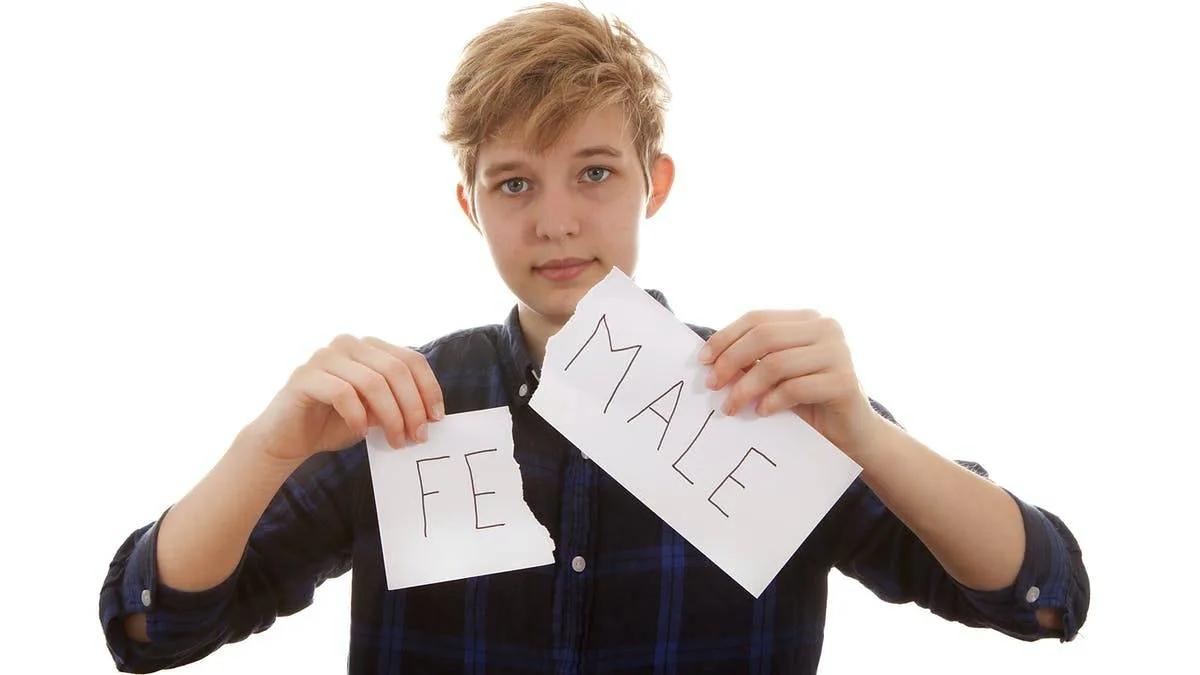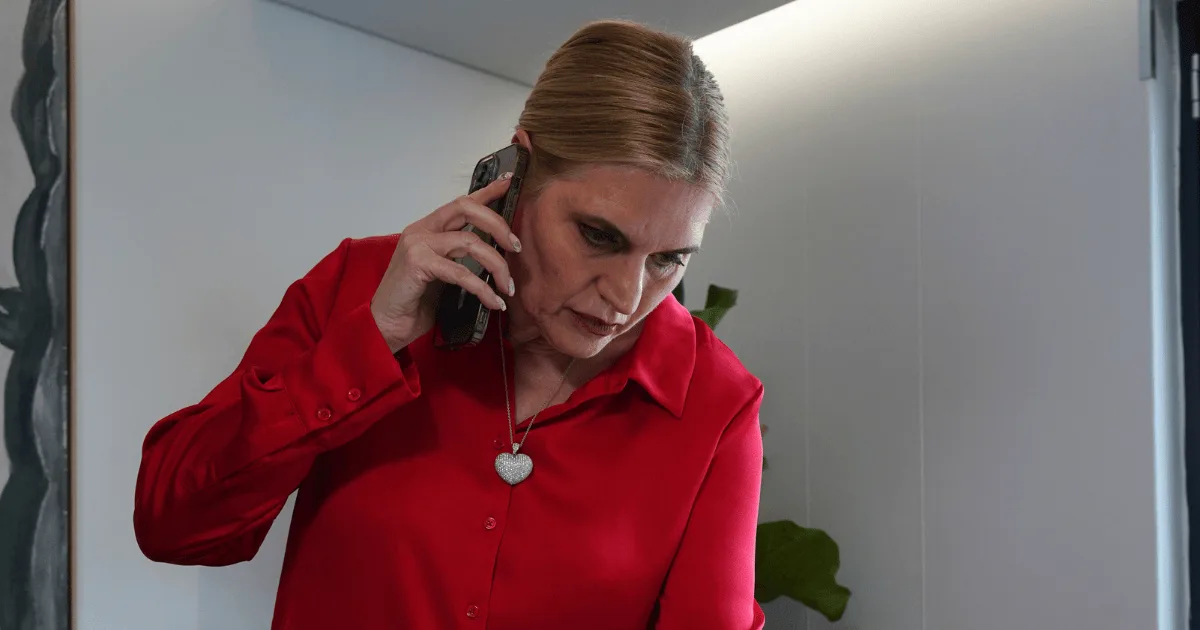Multiple countries legally recognise non-binary or third gender classifications. In some countries, such classifications may only be available to intersex people, born with sex characteristics that do not fit the typical definitions for male or female bodies. In other countries, they may only be available to people with gender identities that differ from their sex assigned at birth. Sex is a biological concept that relates to a person’s physical features and characteristics, including genitalia and other reproductive anatomy, chromosomes and hormones. These features don’t always fit neatly within “male” and “female” categories.
The proposal is that:
- The population register must make a provision that enables the establishment of a category that is neither male nor female.
- The sex category must cater for transgender that will enable updates of sex information in the population register.
- Issuing a random unique identity number that is not linked to or founded on a person’s sex, date of birth, place of birth or any other marker.
- That the new legislation and National Identity System must enable the registration of births for intersex children.
The argument behind the proposal is that people who do not identify with the sex of their birth being transgender, gender-diverse and intersex people, they are forced to “out” themselves constantly throughout life when their birth certificate is requested. This can cause embarrassment, raise privacy concerns and potentially lead to discrimination.
Currently in South Africa there are only two sexes that are recognised by the Identification, Births and Deaths Registration Act. The ambition of the community is to see a system that is designed to make it easier for them to live as their preferred gender or identifier without appearing to transgress the law or being subject to discrimination. Formal legal recognition of gender diversity opens the door to inclusivity and acceptance for all citizens of our country. Presently, the lack of inclusive gender indicators make the gender diverse community subject to systemic exclusion and scrutiny.
For direct answers to your specific personal questions, please contact us directly.
Read more about our legal services.
Author – Samantha Delmoney





